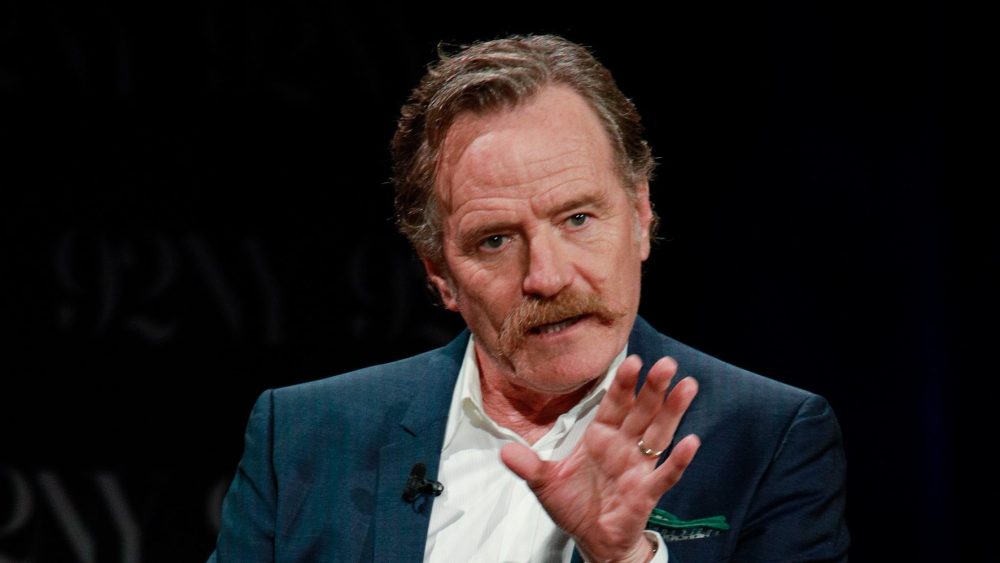OpenAI appears to have allayed fears surrounding Sora 2 with a win over SAG-AFTRA, CAA, UTA, and actor Bryan Cranston by installing new guardrails on its platform to protect actors’ voices and likenesses.
Cranston was among those who voiced concerns when the AI video platform’s initial launch allowed users to create images of him without his permission. In a statement released by the Actors Guild on Monday, Cranston thanked OpenAI for updating Sora 2 with new protections.
“I was deeply concerned, not just for myself, but for all performers whose work and identities could be misused,” Cranston said. “We appreciate OpenAI’s improved policies and guardrails and hope that OpenAI and all companies involved in this effort will respect our personal and professional rights to control the reproduction of our voices and likenesses.”
Shortly after Sora 2 debuted, a video surfaced online that appeared to show the late pop star Michael Jackson interacting with Walter White, played by Cranston from Breaking Bad. Mr. Cranston’s representatives at UTA informed Mr. Cranston and the show’s producer, Sony Pictures Television, about the video.
WME, CAA, and UTA took the initiative to sound the alarm about Sora 2’s use of copyrighted characters to create AI video clips. Since then, OpenAI has been in damage control mode and working with industry stakeholders to resolve the situation.
SAG-AFTRA and the agency noted that the company is engaged in “productive cooperation” to protect the rights of the actors. The union’s new president, Sean Astin, said in a statement that actors face the risk of “massive appropriation” by AI.
“Brian did the right thing by reaching out to union and professional representatives to address this issue,” Astin said. “This particular incident pointed to a positive resolution, and we are pleased that OpenAI is committed to using an opt-in protocol, where all artists can choose whether they want to participate in the exploitation of their voice and likeness using AI.”
OpenAI previously supported the No Fakes Act, a federal law that bans non-consensual digital replicas. SAG-AFTRA has made passing this law one of its top legislative priorities. Current law protects an actor’s voice and likeness in California and other states, but not at the federal level.
“OpenAI is committed to protecting our performers from the misuse of their voices and likenesses,” CEO Sam Altman said in a joint statement Monday. “We were early supporters of the NO FAKES Act, introduced last year, and will always support the rights of performers.”
Sora 2 allows performers to “opt in” to having their likeness used on the platform. However, the initial release allowed users to interact with images of actors who had not opted in, raising concerns that the system was functionally “opt-out”. Altman later said that OpenAI is tweaking the platform to give copyright holders and performers more control over how their images are used.

